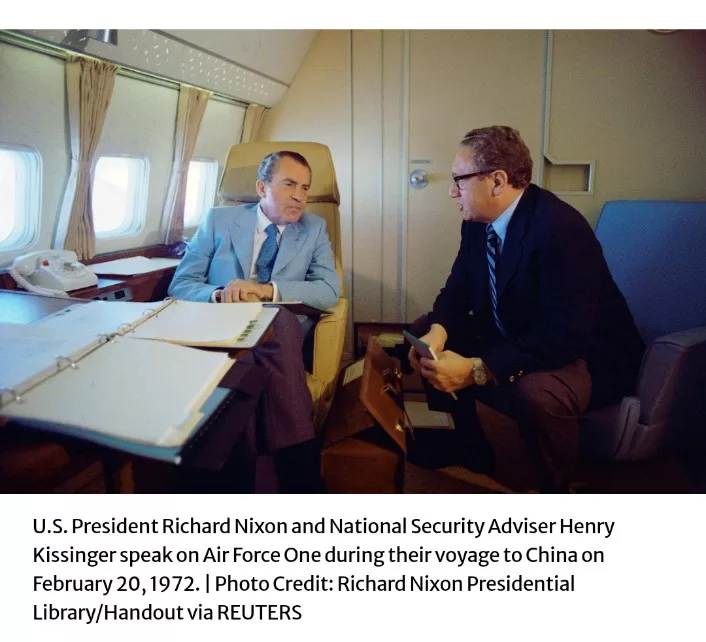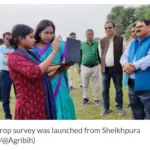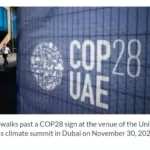New Delhi, Recently declassified documents from the U.S. National Security Archive suggest that during the 1971 India-Pakistan war, then U.S. President Richard Nixon and National Security Adviser Henry Kissinger reportedly facilitated Pakistan by breaking the American arms ban. The documents reveal a strategic move to ensure Islamabad received air support from third-party countries like Jordan, raising questions about the U.S. role in the conflict. The Nixon-Kissinger duo expressed concerns about preventing the “crumbling” of Pakistan and actively sought ways to aid the nation during the critical 13 days of the war.
The revelations shed new light on the U.S. stance during the conflict, indicating a concerted effort to prevent India from causing significant damage to Pakistan. The declassified cables highlight Nixon and Kissinger’s discussions about providing military assistance to Pakistan through countries such as Iran and Jordan. The information has brought forth additional insights into the complex geopolitical dynamics that unfolded during those pivotal days.
The disclosures also underscore a rebellion within the U.S. establishment, with some officials, including U.S. envoy to Dhaka Archer Blood, opposing the Nixon administration. The U.S. President was reportedly concerned about internal support for India within the U.S. bureaucracy, especially the State Department. The documents mention assurances given to Nixon that Jordan had dispatched 17 fighter jets to Pakistan, aiming to bolster its defense against potential Indian aggression.
Among the declassified materials is the renowned “Blood Telegram” from U.S. Consul General Archer Blood in Dhaka, sent in April 1971. The telegram, signed by numerous American officials stationed in Dhaka, criticized the U.S. for its silence in the face of the genocidal actions by the Pakistani military in East Pakistan. It boldly predicted a Bengali victory and the establishment of an independent Bangladesh, reflecting the deep concerns among U.S. officials regarding the unfolding events.







